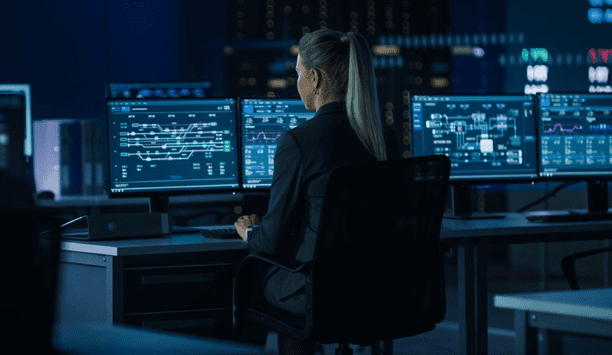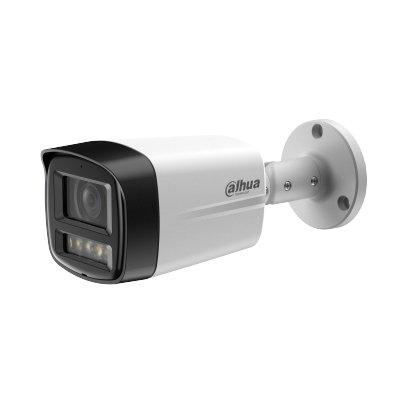The Secure Networks Act targets equipment on the Federal Communications Commission’s ‘Covered Equipment or Services List’ that ‘poses a national security threat.’ President Biden signed the bill into law on Nov. 11, 2021. Two major video equipment manufacturers in the physical security industry – Hikvision and Dahua – are on the list.
The Secure Equipment Act prevents equipment manufactured by Chinese state-backed firms from being further utilised and marketed in the United States. The legislation “Adds an extra layer of security that slams the door on entities that pose a national security risk from having a presence in the U.S. telecommunications network,” says U.S. Rep. Anna G. Eshoo (D-Calif.), a House sponsor the bipartisan bill.
Video surveillance services
“I’ve fought for over a decade to address vulnerabilities in our telecommunications infrastructure that directly impact our national security. Equipment from companies linked to the Chinese government increase the vulnerabilities of our telecommunication systems and put the U.S. at risk,” said Rep. Eshoo.
In the Senate in May, Sen. Ed Markey (D-Mass.) and Sen. Marco Rubio (R-Fla.) introduced the Secure Equipment Act directing the FCC to clarify that it will no longer review, or approve, applications from companies on the Commission’s ‘Covered List.’ In addition to Dahua and Hikvision, the list also includes Huawei, ZTE Corp. and Hytera Technologies, other high-profile Chinese manufacturers. The ban includes ‘subsidiaries and affiliates of these entities’ as well as ‘telecommunication or video surveillance services provided by such entities or using such equipment.’
Prohibiting new authorisations
FCC equipment authorisation is required for many types of radio frequency (RF) emitting electronic devices
The bill also enables the FCC to ‘examine the necessity of revoking existing authorisations.’ On Aug. 19, the FCC published a proposed rule to prohibit new authorisations for equipment considered part of the FCC’s ‘Covered List.’ FCC equipment authorisation is required for many types of radio frequency (RF) emitting electronic devices before they can be marketed or imported into the United States.
The new law puts to rest any questions and closes any loopholes as to whether the FCC has sufficient authority to expand its scope under existing law governing the equipment authorisation process. Enactment of the Secure Equipment Act settles the question by requiring the FCC to complete its current rulemaking within a year of enactment to ensure the FCC ‘will no longer review or approve any application for equipment authorisation for equipment that is on the list of covered communications equipment or services published by the Commission.’
Current FCC authorisation
The Security Industry Association (SIA) comments: “This means the marketing, importation and sale of new video surveillance equipment from these Chinese manufacturers without current FCC authorisation will be prohibited. [Previously], such products were commonly used in security systems across the consumer, commercial and government markets.”
“When finalised, the FCC action will reduce supply and eventually eliminate future availability in the U.S. of products from these companies, which will require adjustments by all companies that may still be utilising them, and impact product offerings, costs and other business operations – even if they are not federal suppliers.”



















